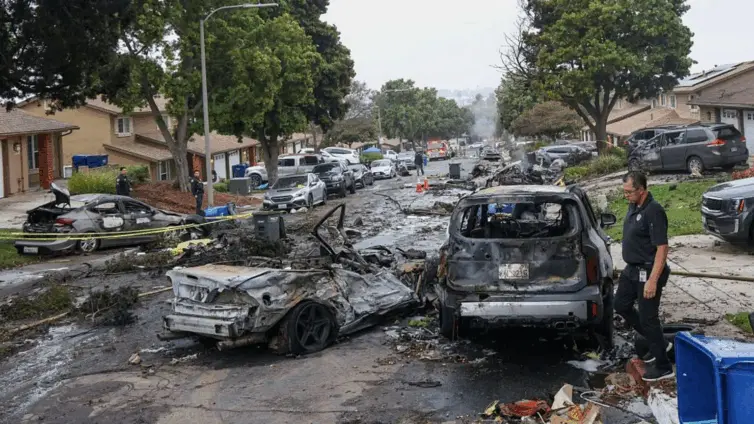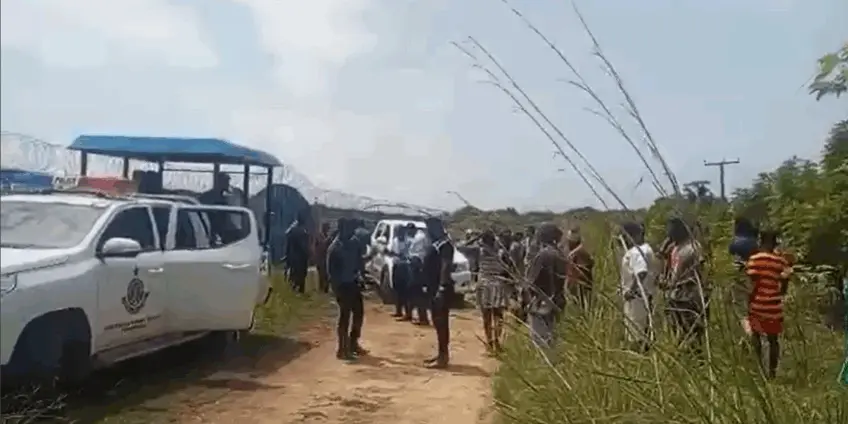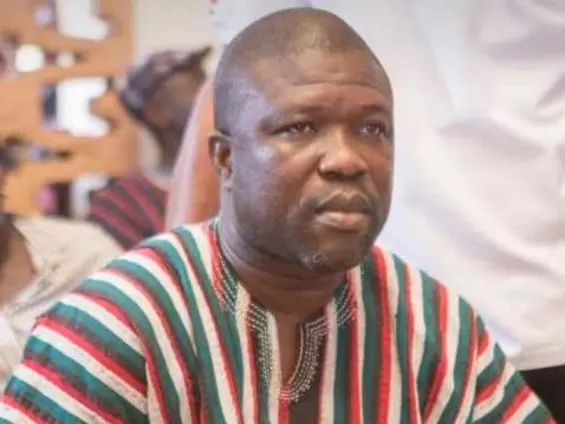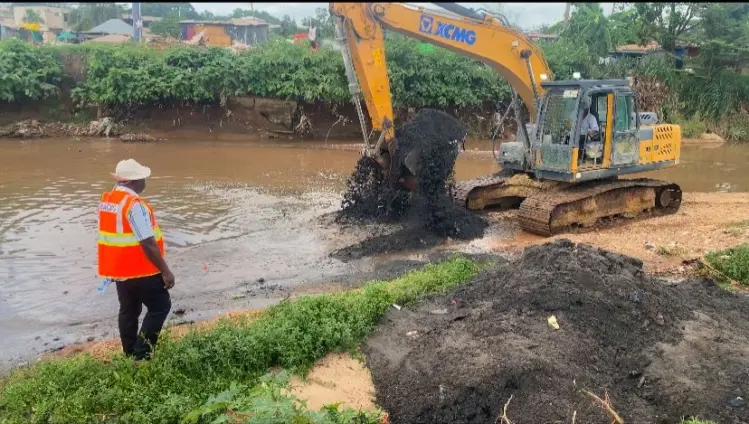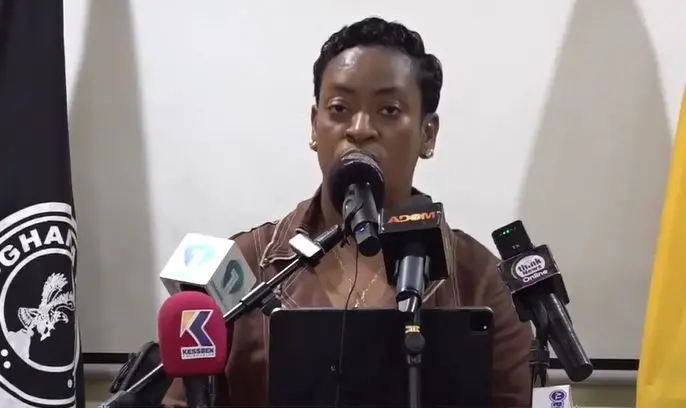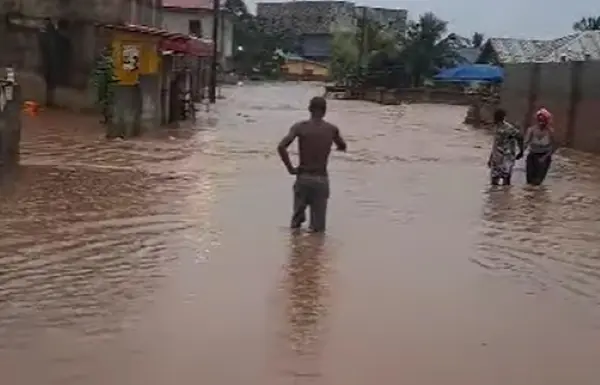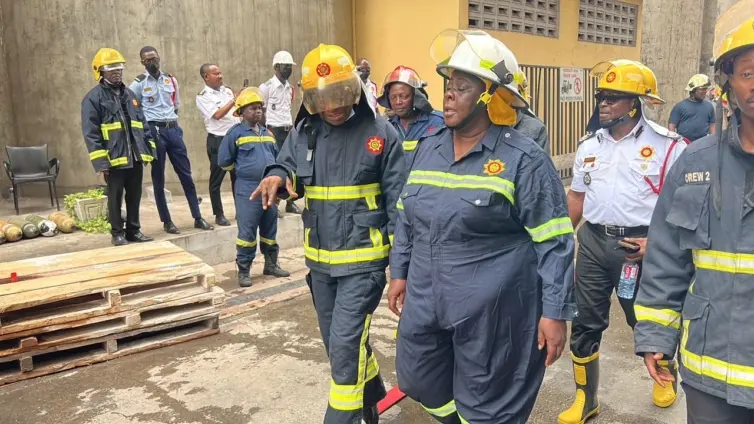The morning of May 18, 2025, began like any other in Accra. But by midday, the relentless downpour had transformed streets into rivers, homes into islands, and the bustling capital into a landscape of devastation. The Accra floods weren’t just a natural disaster; they were a stark indictment of systemic negligence and civic neglect. Broken infrastructure, choked drainage systems, and a palpable lack of proactive planning turned a heavy rain into a catastrophe, disrupting lives and livelihoods with brutal efficiency. The scale of the destruction demands more than just reactive measures; it requires a fundamental shift towards proactive disaster risk reduction strategies that address the root causes of Accra’s vulnerability.
The floods laid bare the inadequacy of existing infrastructure and the consequences of years of environmental mismanagement. Residents watched in dismay as torrents of water surged through their neighborhoods, carrying with them a tide of plastic waste and debris. The crisis underscored a grim reality: that in Ghana today, flooding is less a natural disaster and more a man-made calamity, fueled by choked drains and a collective failure to prioritize environmental stewardship. Eyewitness accounts painted a harrowing picture of drains clogged with plastic bags, discarded tires, and other refuse, effectively rendering them useless and exacerbating the impact of the rainfall. The lack of proper waste management and the neglect of vital drainage systems transformed a heavy downpour into a devastating flood, highlighting the urgent need for systemic change.
Addressing the recurring menace of the Accra floods requires more than just temporary fixes; it demands strategic, sustainable action at all levels of society. It calls for leadership that is both visionary and accountable, reflection on past failures, and united action to build a more resilient future. The path forward involves a multi-sectoral approach, with each stakeholder playing a critical role in mitigating the risk of future disasters. The Ministry of Works and Housing must prioritize the upgrading and expansion of drainage systems, ensuring they are capable of handling increasingly intense rainfall. Metropolitan, Municipal, and District Assemblies (MMDAs) need to rigorously enforce building codes, preventing construction in flood-prone areas and ensuring that new developments incorporate climate-resilient design principles. The National Disaster Management Organisation (NADMO) should invest in comprehensive early warning systems, providing timely alerts to residents and enabling swift evacuation when necessary.
Environmentalists and urban planners have a crucial role to play in promoting sustainable urban development practices and advocating for the creation of climate-resilient cities. Local volunteers can be empowered to serve as first responders and educators, raising awareness about flood risks and promoting community-based disaster preparedness initiatives. The Government of Ghana must also prioritize Disaster Risk Reduction (DRR) in national development planning. Integrating DRR into budgeting, policy-making, and long-term planning is essential to protecting lives, property, and the nation’s economic potential from the devastating impacts of future floods. This includes investing in infrastructure improvements, strengthening regulatory frameworks, and promoting public awareness campaigns.
Corporate Ghana, too, has a vital role to play in building a more resilient Accra. Businesses should view disaster resilience as a smart investment, integrating it into their corporate social responsibility (CSR) initiatives. This can include supporting community clean-ups, funding flood mitigation infrastructure projects, and enhancing local emergency preparedness. By investing in resilience, businesses can protect their own operations, contribute to the well-being of the communities in which they operate, and demonstrate a commitment to sustainable development.
Ultimately, building a flood-resilient Ghana is a shared national duty, requiring the active participation of every citizen. From responsible waste disposal habits to proactive civic engagement, every Ghanaian has a role to play in creating a safer and cleaner environment. This includes keeping drains clear of debris, reporting illegal construction, and participating in community-based disaster preparedness initiatives. By working together, we can build a more resilient future for Accra and for Ghana as a whole.
The Accra floods of May 18, 2025, serve as a powerful reminder of the urgent need for action. The disaster exposed the vulnerabilities of our infrastructure, the consequences of environmental negligence, and the importance of proactive disaster risk reduction strategies. Addressing these challenges requires visionary leadership, civic discipline, and a collective effort to build a flood-resilient Ghana. By learning from the past and working together, we can create a better-prepared, more resilient future for all.
Image Source: MYJOYONLINE


